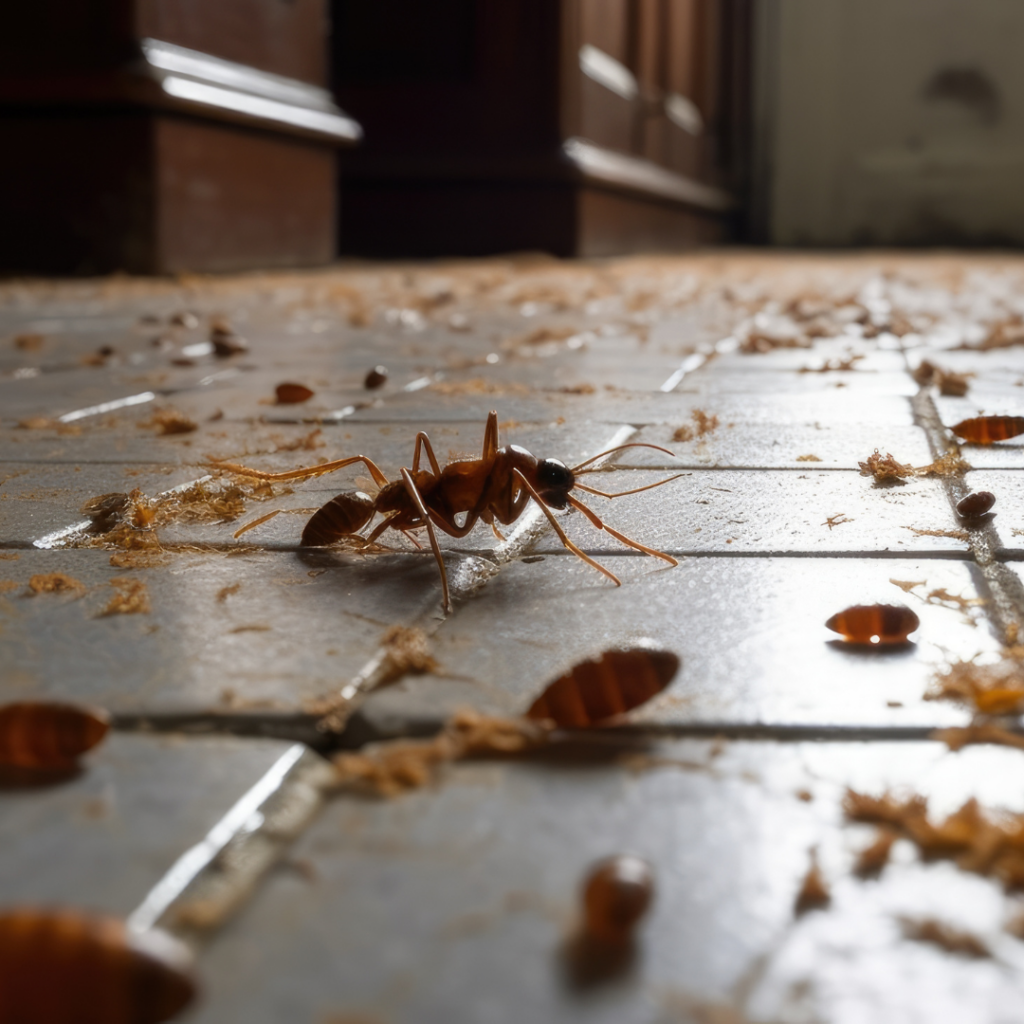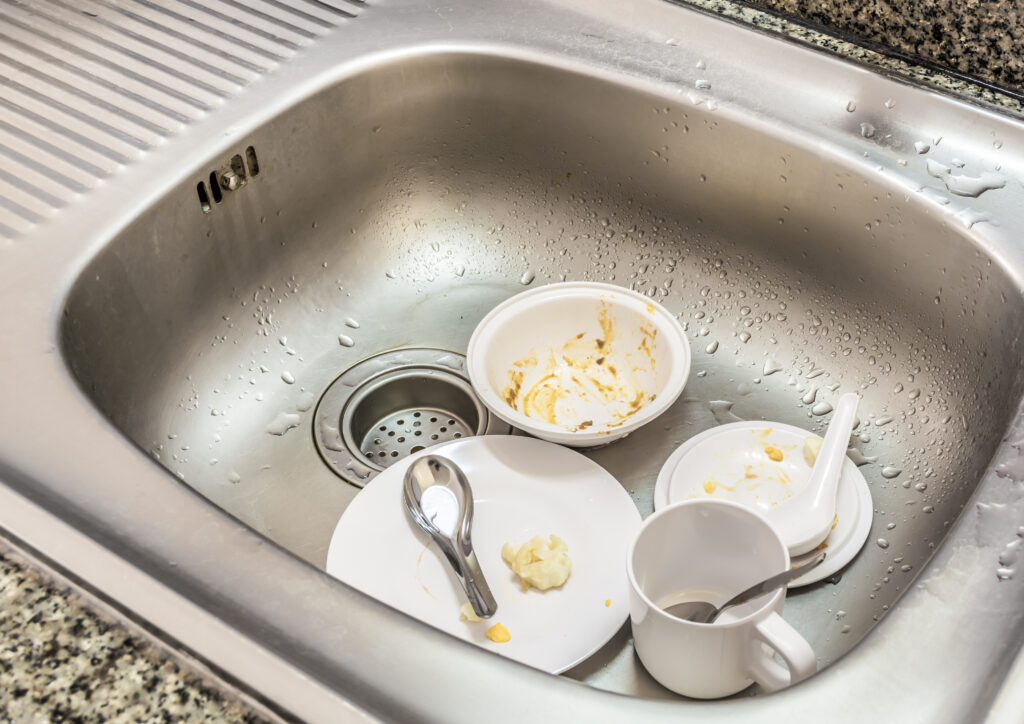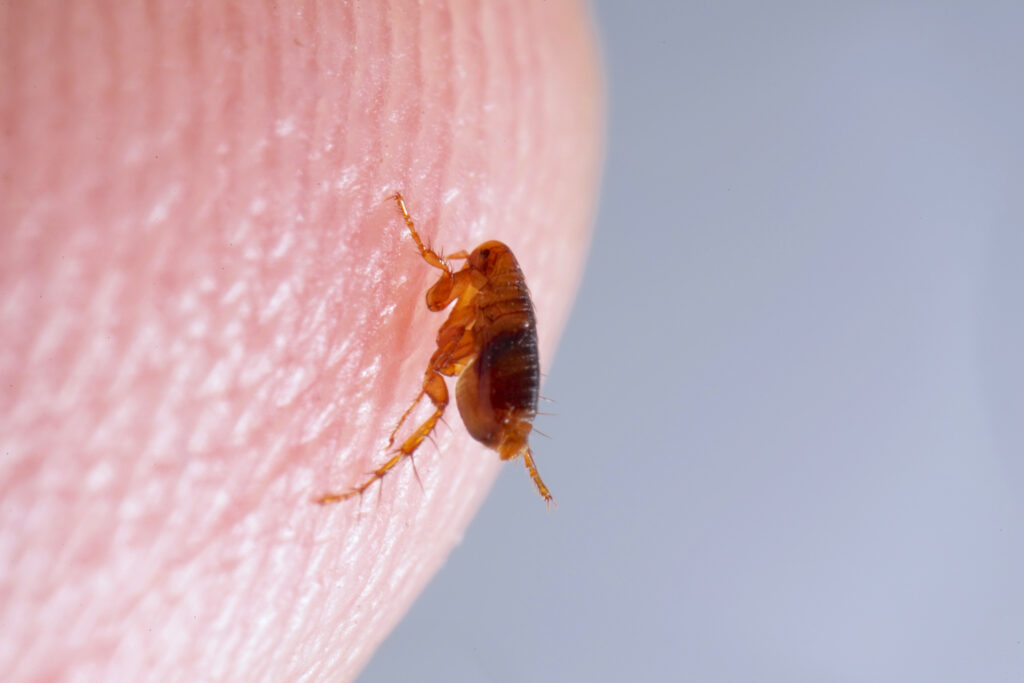Houseplants have the ability to add life into any space. Some grow herbs and small vegetables. Others filter toxins out of the air. Not all plants are created equal, however. Some popular household plants have an unfortunate side effect of attracting pests. Finding gnats, worms or whiteflies in your home can be alarming and lead to bigger pest problems. Fortunately, some plants naturally deter and resist pest infestations. Here are six of the best plants for avoiding indoor pests.
Snake Plant
Sansevieria trifasciata, better known as “snake plant,” is native to West Africa. This popular houseplant is one of the most pest resistant plants and one of the easiest to grow indoors, even in dark spaces. Snake plants require minimal maintenance and water. As an added bonus, they remove harmful toxins like benzene, formaldehyde, xylene and trichloroethylene from the air. This versatile plant comes in many species, sizes and variations, so it can fit into almost any part of a home or office. These plants are toxic to pests and children when ingested.
Chinese Evergreen
Aglaonema, also known as Chinese evergreen, comes from tropical Asia and New Guinea. This type of houseplant can tolerate low light, dry environments and drought conditions. The only thing these plants don’t like is the cold. These plants should be watered every two weeks. Like the snake plant, Chinese evergreens remove xylene and formaldehyde from the air. The leaves of the Chinese Evergreen are toxic to pests and children when ingested.
Cast Iron Plant
Cast iron plant, formally known as “aspidistra elatior,” natively grows in Japan and Taiwan. This type of plant gets its name from being impossible to kill. This plant looks like a peace lily but is hardier and less elegant. It grows slowly, preferring hot and dry conditions. You only need to thoroughly water a cast iron plant every two to three weeks. This hard-to-kill plant has the added bonus of being safe for pets and children.
Bromeliads
Bromeliaceae, or bromeliads, come from the tropical Americas. These houseplants have thick, fleshy leaves that bugs find difficult to chew. Pineapple plants fall into this plant family, but the decorative kind fare better indoors. You can water bromeliads easily by pouring water into the “cup” of the plant, which should be kept barely moist. They’re known to survive for weeks without water. Artificial light allows them to grow, but natural light makes them more bright and colorful. These plants are not toxic to pets or children when consumed.
Jade Plant
Crassula is called “jade plant” and “money plant.” The “money plant” moniker comes from a belief that the plant brings good luck to its owners. While these plants grow natively in South Africa, they have widespread popularity around the world as indoor decorative plants. Jade plants need a lot of bright light, preferably direct sunlight, to grow. Watering should be determined by touching the soil. If the top of the soil feels dry, water it. You can propagate by pinching off stems, then planting the stems directly into a pot of soil. When cared for properly, these plants have the potential to grow old and large. They purify the air, but they can be toxic to pets, children and bugs.
Madagascar Dragon Tree
Dracaena Marginata, also known as Madagascar dragon tree, is native to Africa, as its name suggests. This easy-to-grow plant is pest resistant and thrives in moderate to low light conditions. For this plant, too much sun can result in burning leaves. These little trees tolerate drought conditions and don’t need to be watered often, only every two to three weeks. Overwatering is the most common cause of death. Distilled water is preferred, as they’re sensitive to the fluoride in tap water. These plants purify the air by removing formaldehyde, xylene, and trichloroethylene. The leaves are toxic to pets and children.



